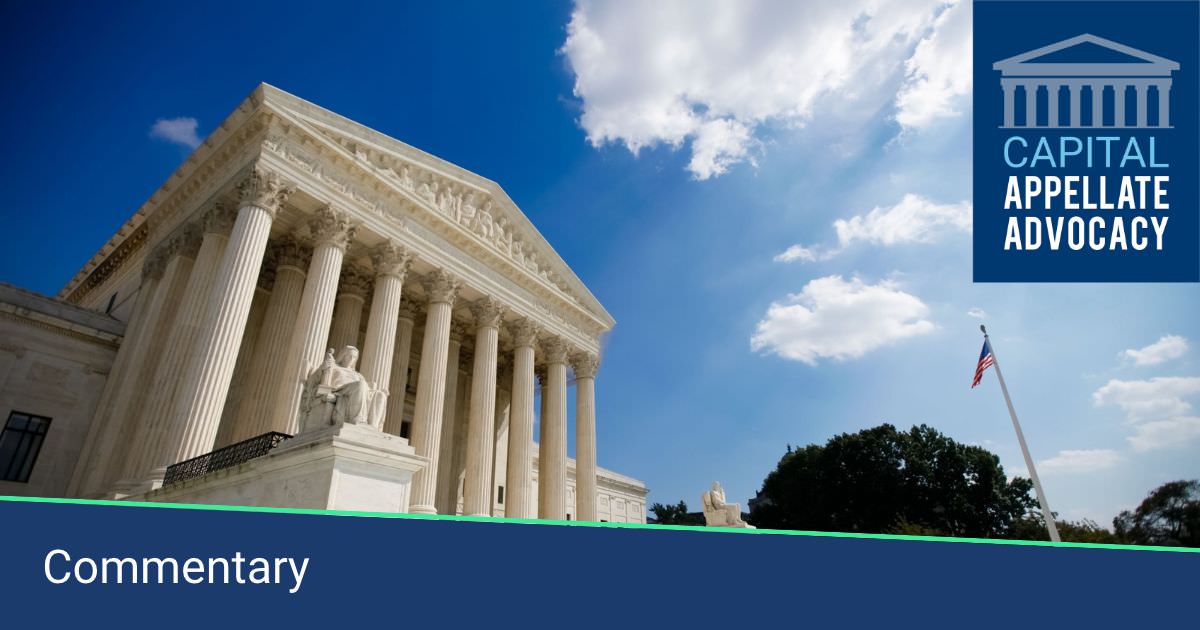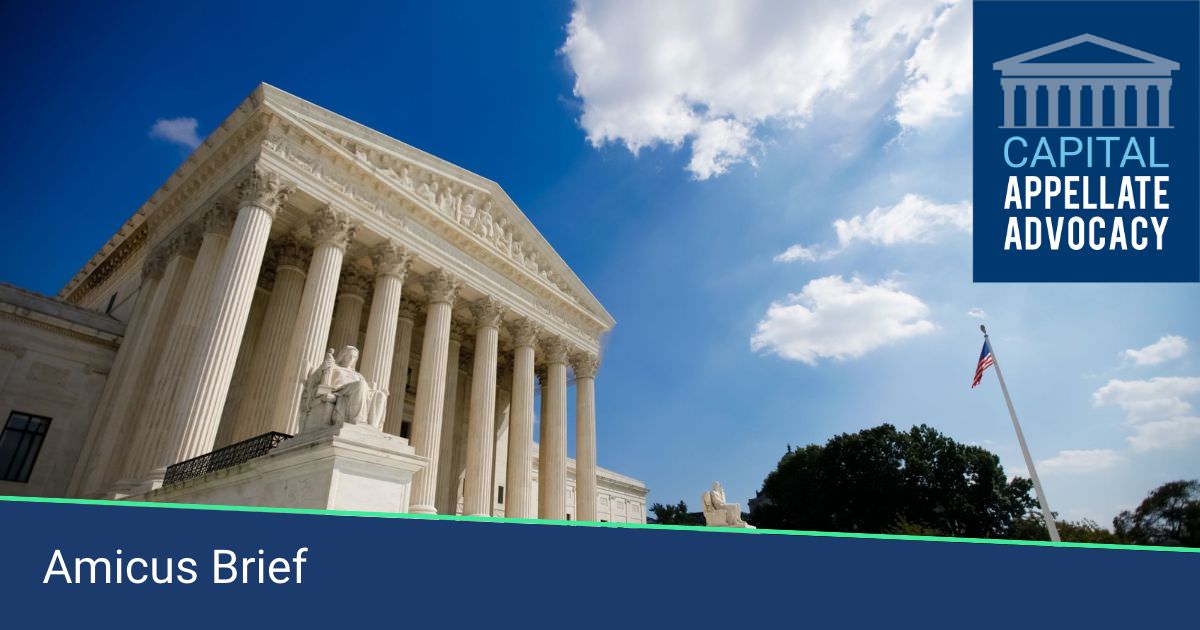Strategic Use of Amicus Briefs in Appellate Advocacy
On April 19, 2016, Larry Ebner, along with Robin Conrad, Averil Rothrock, and M.C. Sungaila, presented a Strafford webinar on amiucs brief strategy, preparation, and procedures in the U.S. Supreme Court, federal courts of appeals, and state appellate courts.
Strategic Use of Amicus Briefs in Appellate Advocacy Read More »




